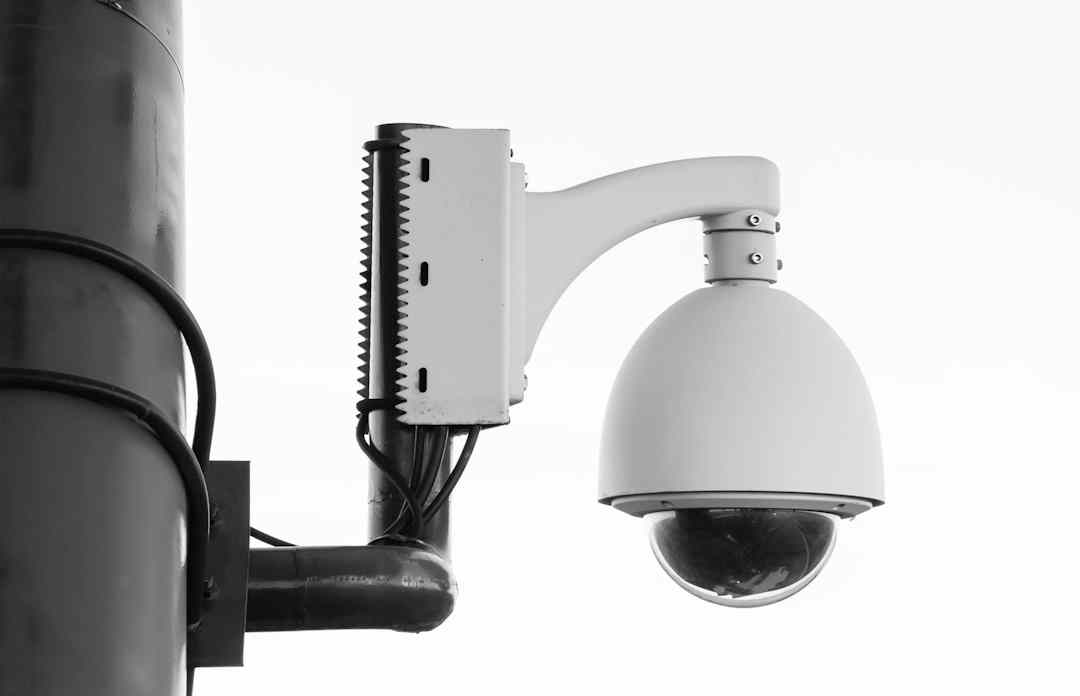
How To Implement an Effective HIPAA-Compliant Camera System
In today’s complex healthcare environment, safety and confidentiality matter a lot. One aspect of meeting this challenge is adhering to the Health Insurance Portability and Accountability Act (HIPAA).
HIPAA ensures the protection of patient health information and creates national standards to maintain the privacy of personal health data. This article will discuss the importance of HIPAA compliant camera systems.
Understanding HIPAA and Its Importance in Clinic Security
The fundamental tenet of HIPAA is the protection of patient information. In an age where information can easily be lost, stolen, or misused, the importance of HIPAA cannot be overstated. Having robust security measures is part of protecting this sensitive data.
Non-compliance can result in hefty fines, legal ramifications, and, most importantly, a loss of public trust. A clinic’s reputation for confidentiality is paramount. Therefore, ensuring your clinic’s security measures adhere to HIPAA regulations is a crucial responsibility.
Beyond adhering to guidelines, understanding HIPAA allows clinics to have knowledgeable staff that prioritizes patient confidentiality. This engagement to maintain patient trust reinforces the importance of clinic security.
HIPAA regulations extend to the storage of digital data, such as video footage. If your medical facility employs video surveillance for healthcare facilities, it’s paramount to ensure the system used is HIPAA compliant.
Comprehending the Role of a Security Camera System in Ensuring HIPAA Compliance
A well-implemented security camera system plays a crucial role in ensuring HIPAA compliance. A security system that meets the required standards guarantees the protection of patient privacy while maintaining security.
A HIPAA-compliant camera system ensures patient data is handled according to regulations. It minimizes the risk of violations resulting from unauthorized persons gaining access to secure data.
Camera systems may be used in areas where patient information might be inadvertently disclosed, such as front desks or nurse stations. Hence, ensuring your security system is compliant with HIPAA regulations is vital to prevent such accidental breaches.
On a deeper note, an appropriate camera system can help the audit trail by providing visual evidence in case of any problems relating to regulatory compliance. It serves as a protective layer for the clinic and the patients as well.
Key Features To Look for in a HIPAA-Compliant Camera System
Prioritizing specific features when selecting a HIPAA-compliant camera system can maximize its effectiveness as a security solution and ensure regulatory compliance. Key features will include encryption and access control.
Encryption ensures the data recorded by the system cannot be intercepted and read by unauthorized persons. This security mechanism keeps patient information secured even when transferred to off-site storage.
Access control restricts the individuals who can view and manipulate recorded data. It prevents unauthorized access to security footage, upholding patient privacy.
Additional features include secure backup and storage options, user authentication, and audit control. These features ensure secure, manageable, and auditable access to security footage in compliance with HIPAA regulations.
Maintaining the Effectiveness and Compliance of Your Camera System Over Time
The effectiveness of a camera system does not end at installation or post-implementation checks. Regular monitoring for potential breaches, routine system checks, and staff training updates are required to ensure continued compliance.
Keeping abreast of technological advances and legislative changes is also essential. HIPAA regulations undergo revisions to address emerging threats and challenges. This necessitates staying informed about the latest developments and ensuring your camera system remains compliant.
Consistent assessments are recommended to measure the effectiveness of your camera system. These may include penetration testing and vulnerability assessments. It helps identify areas where your system may need improvements.
Maintaining a HIPAA-compliant camera system goes a long way in demonstrating your medical facility’s dedication to patient privacy and data security while simultaneously serving its fundamental purpose of maintaining a vigilant oversight of your premises.
Understanding HIPAA regulations also builds trust with patients, ensuring private information remains safe and protected.
